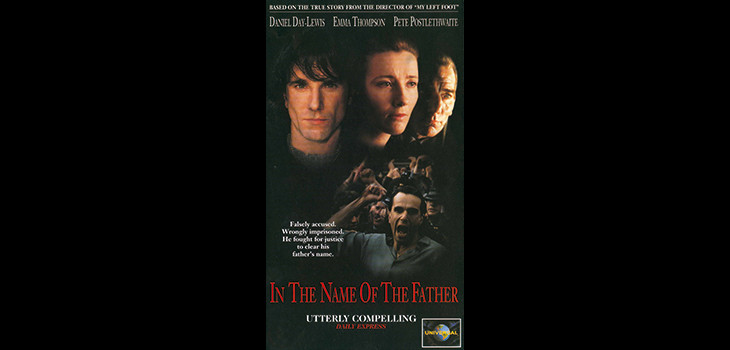
A law film is a difficult genre to define. Apart from the obvious court room drama, it encompasses various aspects of legal activity ranging from the role of lawyers and legal institutions to law enforcement and legal theory, as well as intrinsic lawyer skills including negotiation, advocacy and decision-making. The following selection of films reflects this diversity and hopefully provides the reader with a welcome diversion from the Christmas turkey and mince pies.
1. Twelve Angry Men, (1957)
A Puerto-Rican teenager is accused of murdering his father during a violent row. At his trial, the jury adjourn to consider their verdict. One juror, played by Henry Fonda, has doubts about the boy’s guilt and gradually overcomes the prejudices of the other 11 members. Fonda is cast as the bastion of liberalism defending the principle that a man is innocent until proven guilty. One commonly encountered criticism of the jury is its









